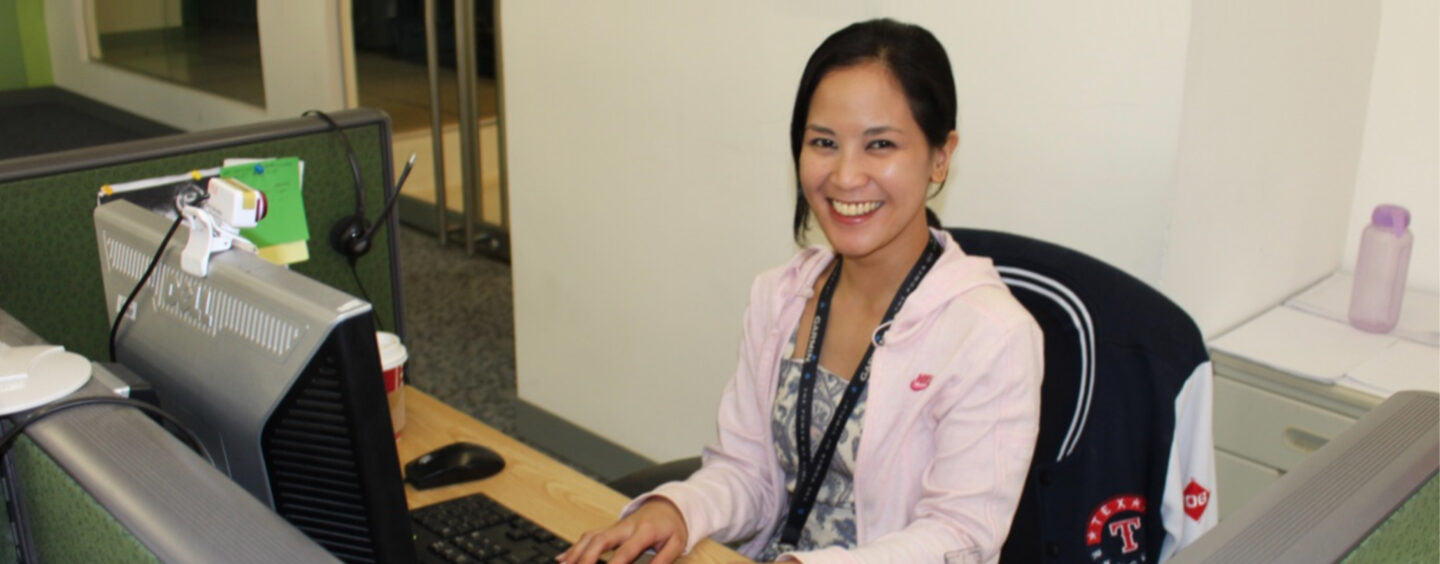In the rapidly evolving arena of financial technology (fintech), strategic alliances and the transformative power of technology are reshaping the global landscape. A surge of innovation and disruption is radiating from the United Arab Emirates (UAE), with the nation’s fintech firms standing at the forefront of this revolution. These trailblazers are drawing significant support from a somewhat unexpected ally: the robust business process outsourcing (BPO) industry of the Philippines.

Ralf Ellspermann
“Outsourcing providers specializing in the fintech sector have transitioned from being mere service providers to true partners and catalysts for growth,”
says Ralf Ellspermann, CEO of PITON-Global, a renowned authority in fintech BPO to the Philippines. According to Ellspermann, the BPO sector’s evolution extends well beyond traditional roles of customer service and technical support into complex arenas such as AI-based risk assessment, financial planning, and other back-office functions.
The Southeast Asian nation, widely recognized for its cost-effective labor, has evolved into a formidable player in the global BPO industry. This is due in no small part to its unique blend of cultural compatibility, high English proficiency, and a highly adaptable workforce.
“The steady stream of fresh, tech-savvy talent emerging from our universities continually revitalizes our labor pool,”
notes Ellspermann, emphasizing the critical role the country’s education system plays in nurturing skilled labor.
The Philippine government’s role in nurturing this growth trajectory is undeniable. By creating a favorable business environment and making significant investments in digital infrastructure, the government has not only invigorated the local BPO sector but also cemented the Philippines’ position on the global stage, as Ellspermann observes.
Technological advancement is an integral part of this evolving narrative of the fintech BPO industry. The sector now leverages cutting-edge technologies such as artificial intelligence, machine learning, big data analytics, and blockchain to provide premium services. Robotic Process Automation (RPA) stands out for its profound impact on productivity by automating repetitive tasks.
However, even amidst these technological strides, data security remains a cornerstone of the BPO industry. The country has earned a solid reputation in this critical area by adhering to globally recognized standards like SOC and PCI DSS. Ellspermann underscores this commitment, stating, “Our unwavering dedication to the highest level of data security is the bedrock of the trust our clients place in us.”
The relationship between the fintechs in the UAE and BPOs in the Philippines transcends a typical business partnership. It embodies a fusion of shared vision, innovation, and collaboration.
“In this fintech revolution, we stand shoulder to shoulder with our UAE partners, supporting them, learning from them, and growing alongside them,”
concludes Ellspermann. This dynamic alliance is scripting a fresh narrative in the global fintech landscape – a narrative of disruption, ambition, and growth that holds the promise of an exhilarating future as it continues to unfold.
There’s no doubt that fintech BPO to the Philippines is not only here to stay but is poised to ascend to new heights, propelling the global fintech revolution to greater success and transforming the way we perceive and interact with financial technology.








No Comments so far
Jump into a conversationNo Comments Yet!
You can be the one to start a conversation.